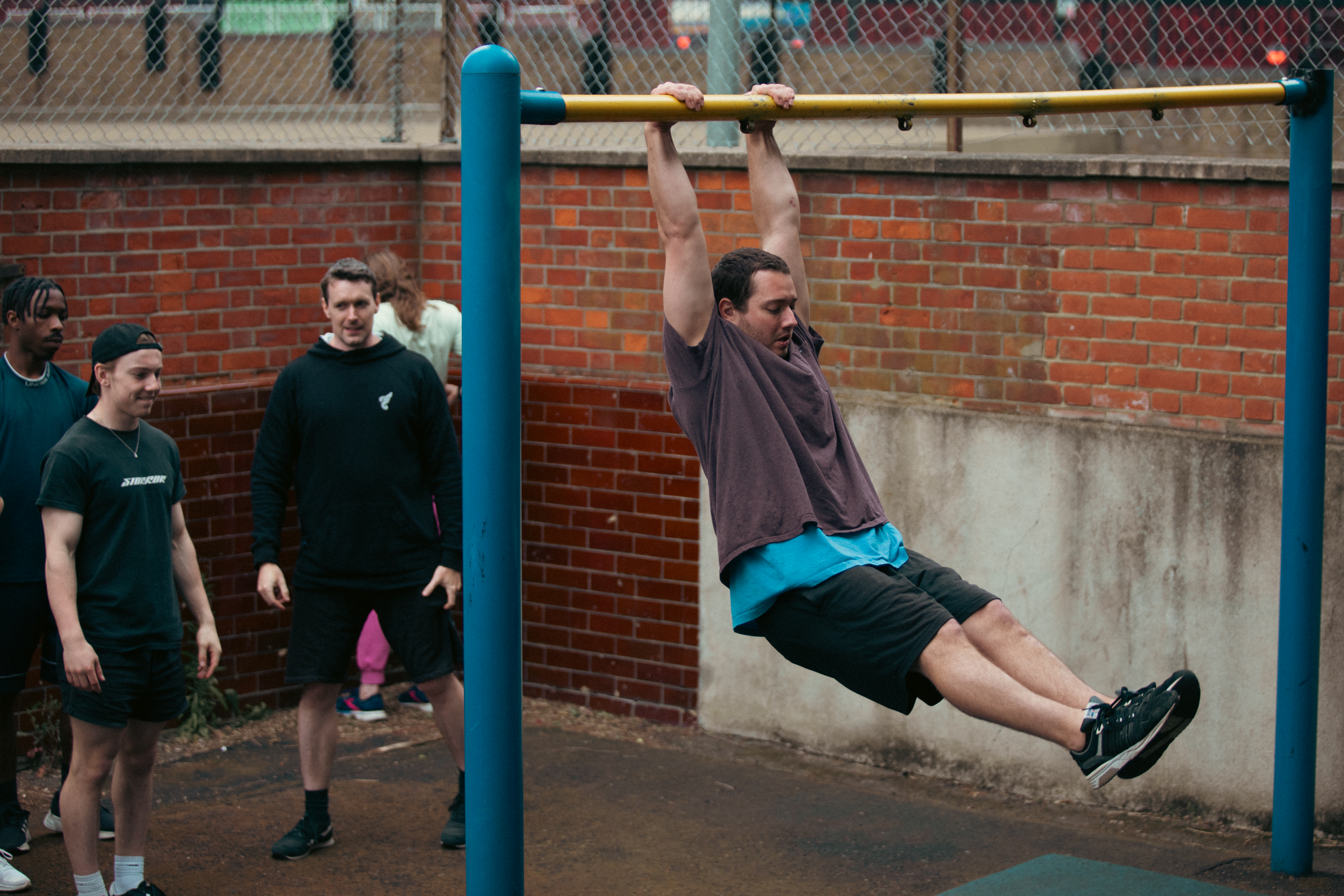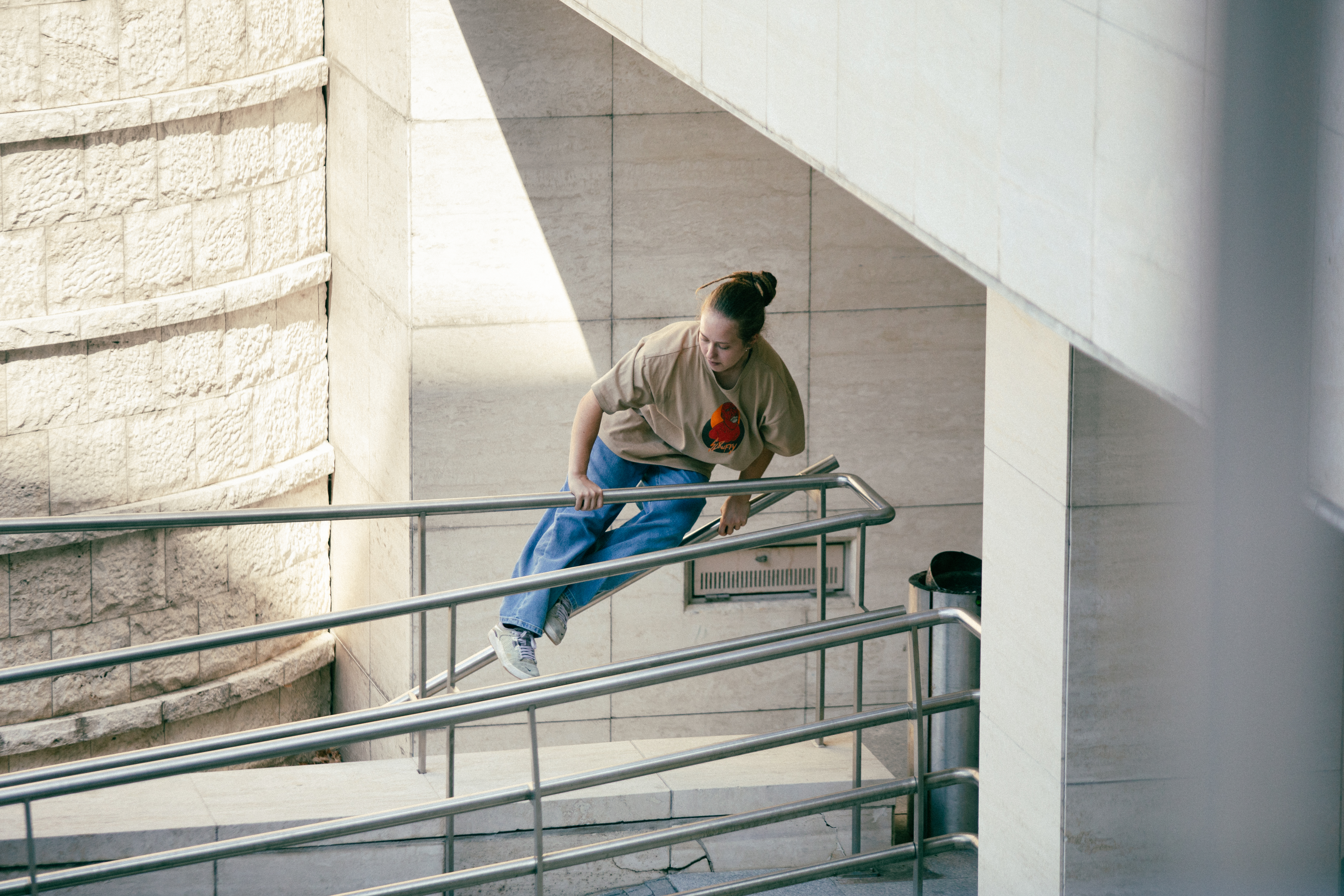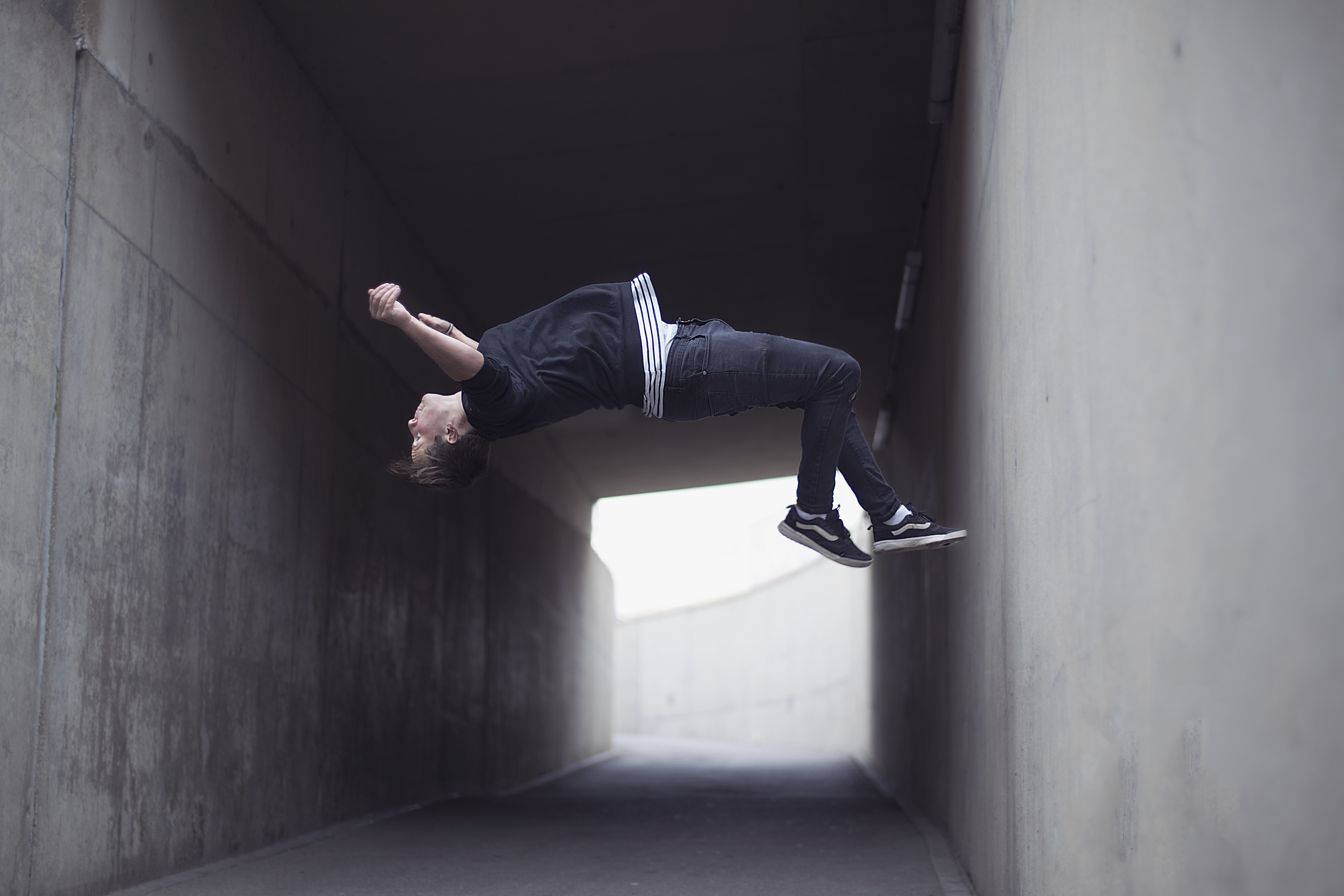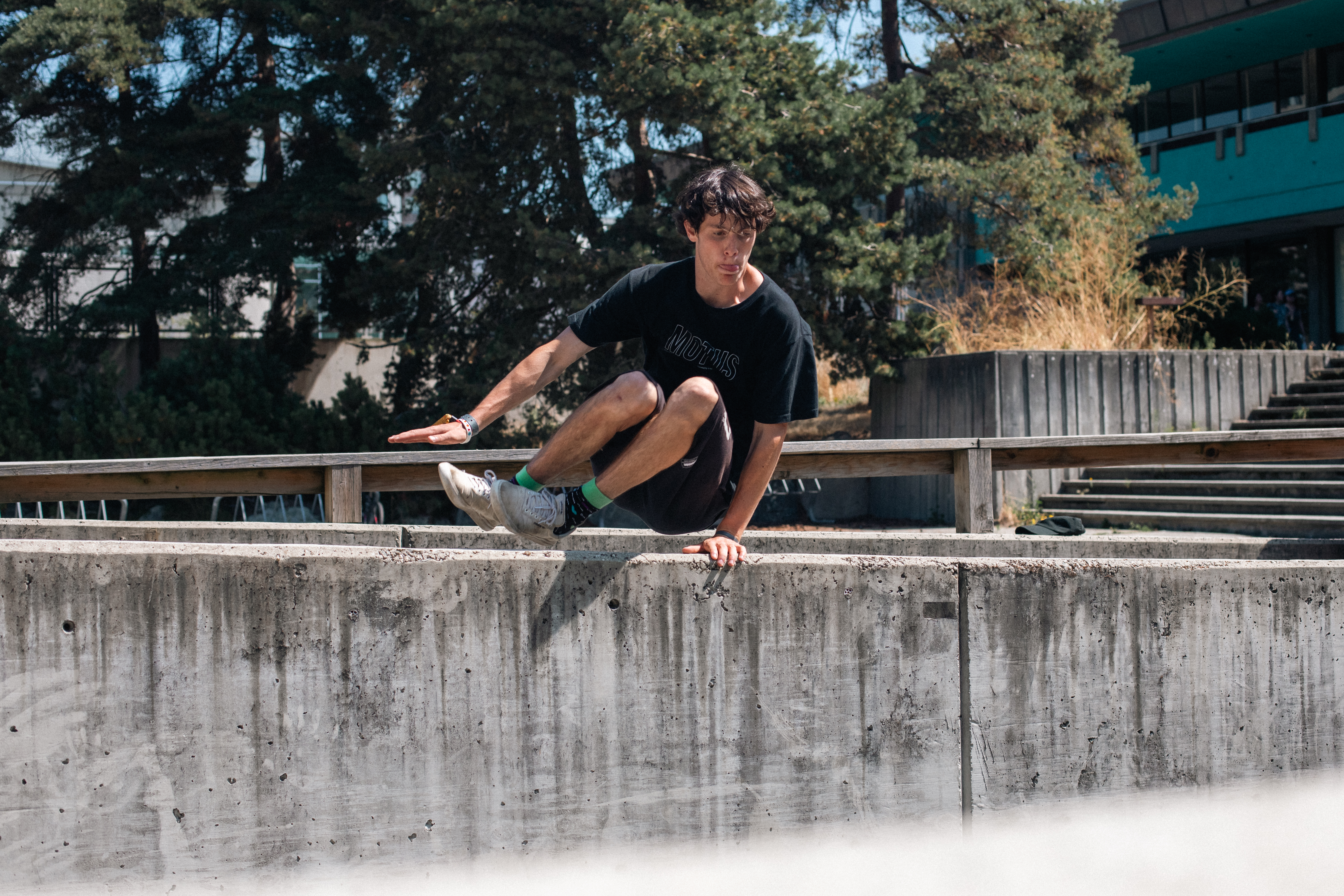Discover more about our Safe Sport policies and procedures designed to support and promote the welfare of all children, young people, and adults.
Safeguarding is everyone’s responsibility. Each member of society has a duty to protect and safeguard children and adults from abuse and neglect. If you have a concern, take action—because if not you, then who? Doing nothing is not an option. We have plenty of advice and guidance available as downloadable resources to help you take the right steps.

Parkour UK takes the safeguarding of its participants and members extremely seriously. We provide guidance, advice, and support to everyone involved in the sport.
If you have witnessed or been made aware of a safeguarding concern, please report it to us. Use the link below to submit a safeguarding report (whether recent or historical) to the Parkour UK Safeguarding team.
Nadine Barnard is Parkour UK’s Safeguarding Lead. If you need advice, guidance, or support, email safeguarding@parkour.uk or call 07503 743852 (office hours only).
If it is an emergency, call 999 or 101. If the concern relates to harm or abuse in the home environment, you should call your local children's social services or adult social services via your local council. More information on how to find your local social services team can be found here: Social services | Childline.
If you are a child and feel concerned, upset, or worried about anything, you can call ChildLine for free at 0800 1111. They are available to listen to you in confidence at any time—day or night.


An entirely confidential helpline.
Phone 0800 1111
Website www.childline.org.uk
Phone 0808 800 5000
Website www.nspcc.org.uk
Email help@nspcc.org.uk
Phone 0116 366 5590
Website www.thecpsu.org.uk
Email cpsu@nspcc.org.uk
Click here for an extensive list of external contacts
